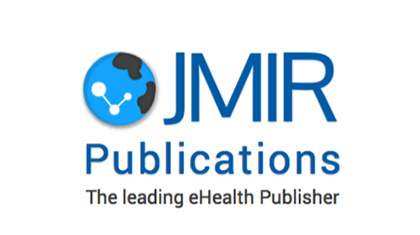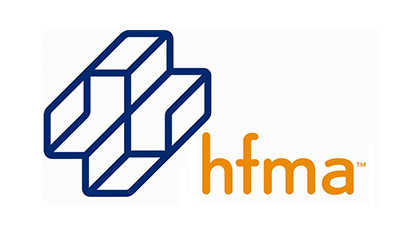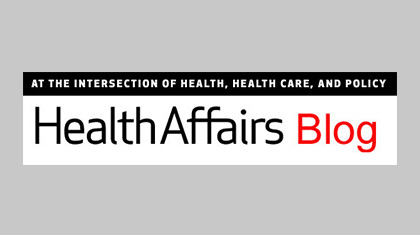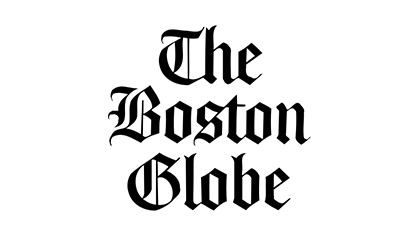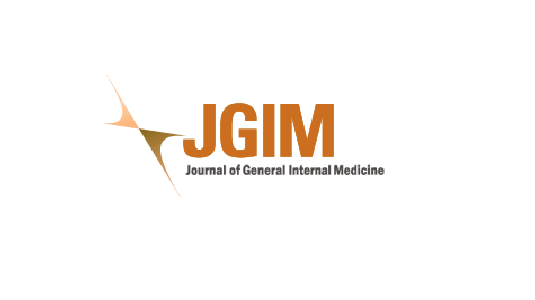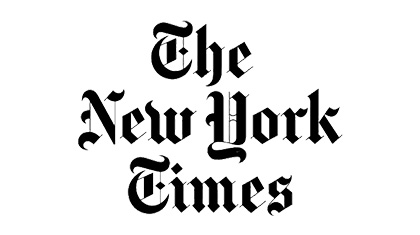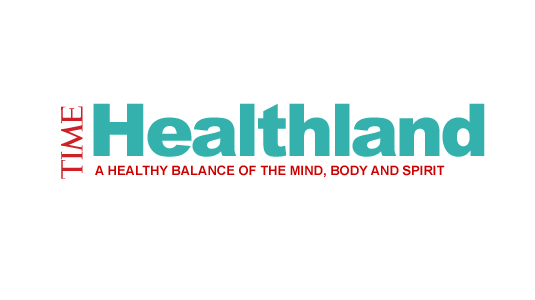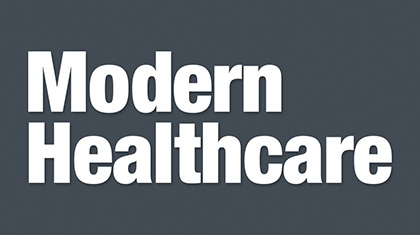A recent publication by Sue Woods, MD and colleagues in the Journal of Medical Internet Research, investigated VA patient experiences with full electronic access to health records, including clinical notes. Patients overwhelmingly felt that having more, rather than less, of their health record information provided significant benefits. As one participating patient described: I can…
Healthcare Transparency
HFMA: Meaningful Health Information Exchange
By Lola Butcher, March 6, 2013 Health information exchange means different things to different stakeholders. To a solo practitioner in Pasadena, Calif., it means having ready access to information about the treatment her patients have received in the local hospital and from other physicians—even though she does not have an electronic health record (EHR). …
Health Affairs Blog: Not In My Name: Real Patient-Centeredness Means Sharing Power
By Michael Millenson, February 26, 2013 The OpenNotes initiative declares quite simply that every notation the doctor makes during the patient’s visit can not only be seen by the patient, but commented upon. As the president of Beth Israel Deaconess Medical Center in Boston put it, “Everything that we have and know about you as…
VA Introduces New and Enhanced Features for VA Blue Button
Veterans can now also access VA OpenNotes, which ‘opens’ clinical notes, allowing Veterans to read their health care team’s notes from appointments and hospital stays. VA OpenNotes provides Veterans the ability to read and discuss notes with their health care teams, family and caregivers, offering them greater control over their health care. Read the press…
WSJ: Ten Ways Patients Get Treated Better
By Laura Landro, December 18, 2012 Health-care innovations aren’t limited to drugs and devices. Experts increasingly are adopting new ways to treat patients that studies show are better at healing the sick, preventing disease, improving patients’ quality of life and lowering costs. Here are 10 innovations that took root in 2012 and are changing the…
The Boston Globe: Patients benefit from reading doctors’ notes, study shows
by Liz Kowalczyk, Should patients be able to read the notes doctors write about them? Physicians have disagreed about this issue for years. But in a new study from Beth Israel Deaconess Medical Center, patients reported that opening up notes increased their understanding of their medical problems and improved their compliance with medication regimens. Despite…
Journal of General Internal Medicine: The Essence of Morning
by Leonor Fernandez, MD Hot coffee beckons with its promise of contraband comfort on a cold and busy Monday morning. Ms. H, my first patient, has not arrived yet. I consider a quick dash downstairs to the coffee shop. I can usually make it back in 4 minutes.… I glance at my email. You have 2 newPatientSitemessages.…
The New York Times: Project Puts Records in the Patients’ Hands
by Roni Caryn Rabin In an old “Seinfeld” episode, Elaine goes to see a dermatologist about a rash, and is left sitting on the table in the exam room, alone with her medical chart. She opens the folder and almost immediately makes a sour face. “ ‘Difficult’?” she says, reading aloud. Let’s face it: We’ve all…
TIME Healthland: Can Patients Handle the Truth? Getting Access to Doctors’ Notes
by Alice Park The last time you were at the doctor’s office, and your physician scribbled or typed something into your chart, did you wonder what it said? If so, you’re in the majority: according to a new survey, more than 90% of patients said they would want to know. Not surprisingly, most doctors were…
Modern Healthcare: Patients should have easier access to their doctors’ medical notes
by Tom Delbanco and Jan Walker HHS Secretary Kathleen Sebelius has taken an important step in launching the first national effort to give consumers electronic access to their laboratory results. We certainly agree with the secretary that “When it comes to health, information is power.” But at a time when all Americans are increasingly relying…
